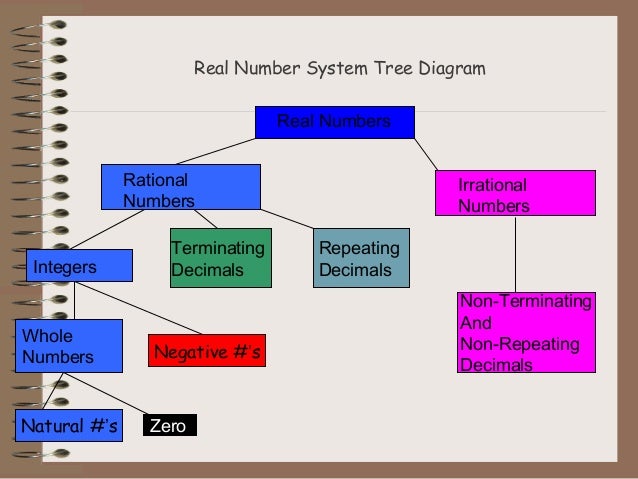BALAJI STUDY POINT
MCQ -QUESTION FOR MATHS ON REAL NUMBER FOR POLYTECHNIC
Q1: Which of the following has a non-terminating decimal expansion?
(a) 77/210
(b) 23/8
(c) 17/8
(d) 35/50
Q2: The decimal expansion of 141/120 will terminate after how many places of decimals ?
(a) 1
(b) 2
(c) 3
(d) will not terminate
Q3: HCF of 84 and 270 is
(a) 8
(b) 6
(c) 4
(d) 2
Q4: If p, q are two consecutive natural numbers, then HCF(p, q) is:
(a) q
(b) p
(c) 1
(d) pq
Q5: If HCF if 60 and 168 is 12, what is the LCM
(a) 480
(b) 240
(c) 420
(d) 840
Q6(CBSE 2010): How many prime factors are there in prime factorisation of 5005 ?
(a) 2
(b) 4
(c) 6
(d) 7
Q7: A rational number can be expressed as a terminating decimal if the denominator has factors
(a) 2, 3 or 5
(b) 2 or 3
(c) 3 or 5
(d) 2 or 5
Q8: If p, q are two prime numbers, then LCM(p, q) is :
(a) 1
(b) p
(c) q
(d) pq
Q9: Let x = p/q be a rational number such that prime factorization of q is NOT in the form of 2n5m, where m and n are non-negative integers. Then x has a decimal representation which is:
(a) terminating
(b) Non-terminating, repeating
(c) Non-terminating, non-repeating
(d) None of these
Q10: Euclid’s division lemma states that for any two positive integer ‘a’ and ‘b’ there exists unique integers q and r such that a=bq+r where r must satisfy:
(a) 1 ≤ r < b
(b) 0 < r ≤ b
(c) 0 ≤ r < b
(d) 0 < r < b
Q11: Which of the following is not an irrational number ?
(a) 5 - √3
(b) 5 + √3
(c) 4 + √2
(d) 5 + √9
Q12: Which of the following numbers has terminating decimal expansion?
(a) 37/45
(b) 21/(2356)
(c) 17/49
(d) 89/(2232)
Q13: The mathematician who gave the term 'algorithm'?
(a) Euclid
(b) Gold Bach
(c) Khwarizmi
(d) Gauss
Q14: The decimal expansion of π
(a) is terminating.
(b) is non-terminating and repeating
(c) is non-terminating and non-repeating
(d) None of these
Answers:
1: (a) 77/210
[Hint: For a rational number in the form p/q, such that the prime factors of q are not of the form 2n5m, where n and m are non negative integers. Then the rational number has a decimal expansion which is non terminating repeating (recurring).]
2: (c) 3 [Hint: Rational form of number p/q, where q = 2352]
3: (b) 6
4: (c) 1
5: (d) 840 [Hint: LCM × HCF = Product of two numbers]
6: (b) 4 [Hint: 5005 = 5×7×11×13]
7: (d) 2 or 5
8: (d) pq
9: (b) Non-terminating, repeating
10: (c) 0 ≤ r < b
11:(d) 5 + √9 [Hint: √9 = 3, 5 + √9 = 8, a rational number]
12: (b) 21/(2356) [Hint: for rational number x = p/q, if factors are in the form of 2n5m, where n and m are non negative integers, the rational number has a decimal expansion of terminating type.]
13: (c) Khwarizmi
14: (c) is non-terminating and non-repeating
Some question for checking your calculation
MCQ. Answer of 1⁄3 x 82 + 22 is
- 7.1667
- 6.1667
- 4.1667
- 5.1667
C
MCQ. Answer of 42 + 82 −32 ⁄ 7 − 9 is
- (−19.5)
- (−35.5)
- (−25.5)
- (−15.5)
B
MCQ. Answer of following rational number (2.5)2 ⁄ (1 − 0.6) 2 is
- 39.06
- 29.06
- 15.06
- 35.06
A
MCQ. In decimals, cubic root of 9 is
- 6.7
- 2.08
- 3.08
- 4.5
B
MCQ. On solving following rational number 6.82 − 3.42 + 2.13 ⁄ 0.53 + 1.7320, answer will be
- 18.1694
- 15.1694
- 31.1694
- 22.1694
D

No comments:
Post a Comment